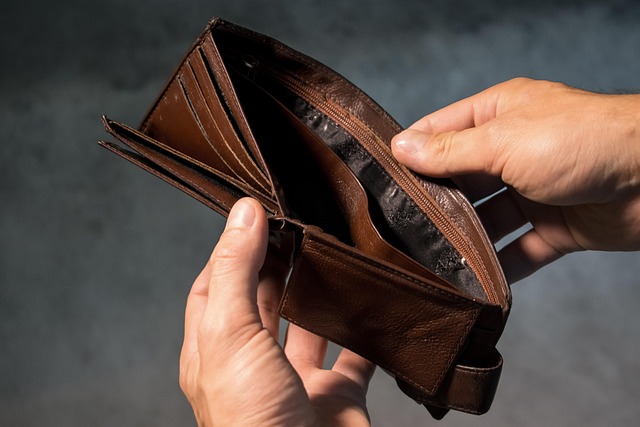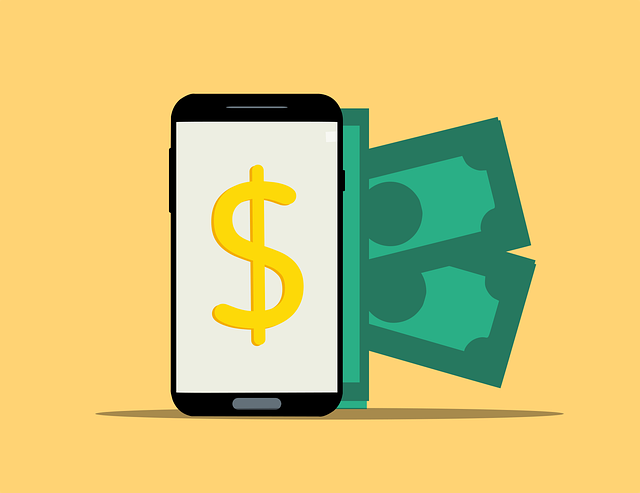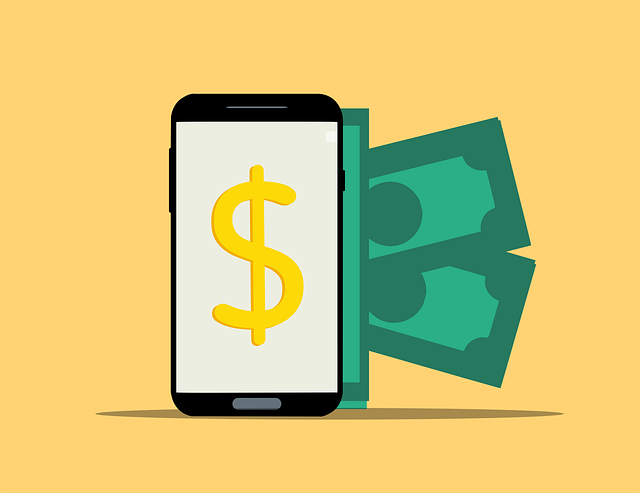The Ultimate Guide to Crypto Wallets
Author: Jameson Richman Expert
Published On: 2025-02-18
Prepared by Jameson Richman and our team of experts with over a decade of experience in cryptocurrency and digital asset analysis. Learn more about us.
As the world increasingly shifts towards digital currencies, the conversations around crypto wallets become ever more essential. Whether you're a seasoned investor, a novice enthusiast, or just curious about the world of cryptocurrencies, understanding crypto wallets is key to managing your digital assets safely and effectively.

What is a Crypto Wallet?
A crypto wallet is a software program or hardware device that allows individuals to store their digital currencies securely. Unlike traditional wallets, a crypto wallet doesn't store physical cash but, rather, it houses a pair of cryptographic keys: a public key and a private key.
The public key is akin to an email address — it's the information you share with others to receive funds, while the private key is like your password; it must be kept confidential to protect your assets. Only with this key can you access and manage your cryptocurrencies.
Why Are Crypto Wallets Necessary?
As cryptocurrencies gain popularity, the need for secure storage becomes paramount. The decentralized nature of cryptocurrencies means that if you lose access to your crypto wallet, you lose access to your funds. Here's why having a crypto wallet is crucial:
- Security: Protecting your private keys and digital assets from hackers or malicious attempts is essential.
- Control: Unlike exchanges, wallets allow you to maintain complete control over your funds.
- Transfer: Wallets enable you to send and receive cryptocurrencies conveniently.
- Compatibility: Many wallets support multiple cryptocurrencies, enabling you to manage various assets from one place.
Types of Crypto Wallets
Crypto wallets come in various forms, each with its own pros and cons. Here’s a closer look at the major types:
1. Hot Wallets
Hot wallets are connected to the internet, making them very user-friendly for daily transactions. However, this connection also exposes them to the risk of hacking. They can be found in two main forms:
- Web Wallets: These are hosted on the cloud and accessible through browsers. Popular exchanges like Binance and MEXC offer web wallets for easy access to trading.
- Mobile Wallets: These are applications you download on your smartphone. They’re ideal for quick transactions.
2. Cold Wallets
Cold wallets are offline and much more secure against online threats. They are recommended for long-term storage of cryptocurrencies. Types of cold wallets include:
- Hardware Wallets: Physical devices, such as Ledger and Trezor, where you can store your keys securely.
- Paper Wallets: A document that contains your private and public keys. They can be generated offline for added security but come with the risk of losing the paper itself.

How to Choose a Crypto Wallet
Choosing the right crypto wallet depends on your individual needs and preferences. Here are some factors to consider:
- Security: Look for wallets with strong security features, including two-factor authentication and encryption.
- Control: Ensure that you have full control over your private keys.
- Usability: Consider how user-friendly the interface is—especially if you are new to cryptocurrencies.
- Supported Coins: Make sure the wallet supports the cryptocurrencies you want to hold.
- Backup and Restore Options: Wallets should facilitate easy backup and restoration of your private keys or recovery seed.
Setting Up Your Crypto Wallet
Once you've chosen your wallet, setting it up is simple. Here's a general guide:
- Download the Software: If you are using a hot wallet, download the application from the official site. For a hardware wallet, follow the manufacturer’s installation guide.
- Create Your Wallet: Follow the prompts to create your wallet. Most platforms will guide you through the process.
- Backup Your Wallet: Write down your recovery seed (usually a list of 12-24 words) and store it safely.
- Transfer Funds: Start by transferring a small amount of cryptocurrency to test your wallet.
Best Practices for Crypto Wallet Security
Security should always be your top priority when it comes to managing your cryptocurrencies. Follow these best practices to secure your assets:
- Enable Two-Factor Authentication: This adds an extra layer of security to your wallet.
- Use Strong Passwords: Create complex passwords, and do not reuse passwords across different platforms.
- Keep Software Updated: Regularly update your wallet software to protect against vulnerabilities.
- Use Cold Storage for Long-Term Holdings: If you have a significant amount of cryptocurrency, consider using a cold wallet for better protection.
- Beware of Phishing Scams: Always double-check URLs and avoid clicking on suspicious links.

Conclusion
Understanding crypto wallets is an essential aspect of participating in the crypto landscape. With countless options available, selecting the right wallet can help secure your digital assets and ease your transition into the world of cryptocurrencies.
Whether you choose hot or cold wallets, prioritize security, and make informed decisions regarding your digital assets. Start your crypto journey confidently, and don’t forget to explore crypto exchanges like Binance and MEXC for smoother trading experiences!